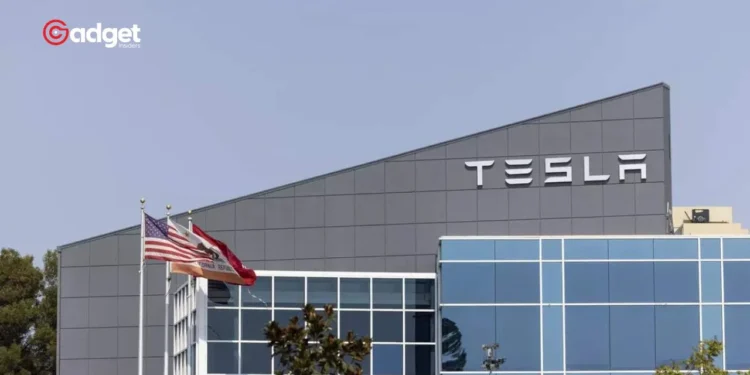Tesla Inc.’s shareholder community is witnessing a significant clash as a lawsuit emerges against a proposed relocation of the company’s headquarters to Texas and a staggering $56 billion compensation package for its co-founder Elon Musk. This contentious issue centers around an upcoming proxy vote scheduled for June 13.
The stakes are high, not just for Musk and Tesla but also for the broader electric vehicle industry and corporate governance standards.
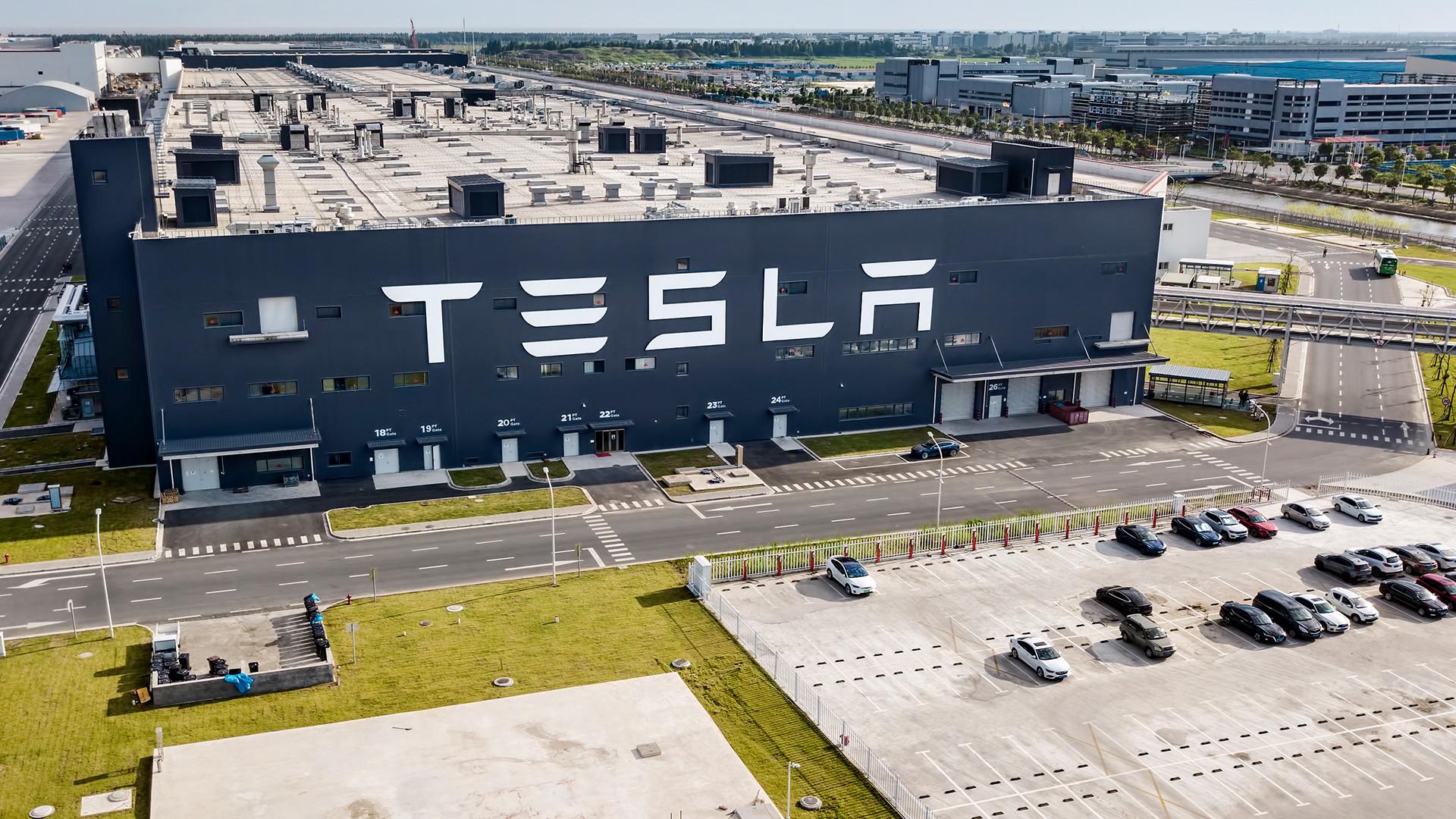
The Shareholder’s Challenge: Legal Grounds and Financial Implications
The plaintiff, Donald Ball, a Tesla shareholder owning more than 28,000 shares, has initiated legal action challenging the proxy vote. He argues that Tesla is violating its corporate charter by requiring only a simple majority for the decision to move its state of incorporation from Delaware to Texas.
This decision is intertwined with a massive pay package for Musk, previously invalidated by a Delaware judge, now up for re-approval. The lawsuit highlights a pivotal struggle within Tesla’s investor ranks, raising questions about corporate governance and shareholder rights.
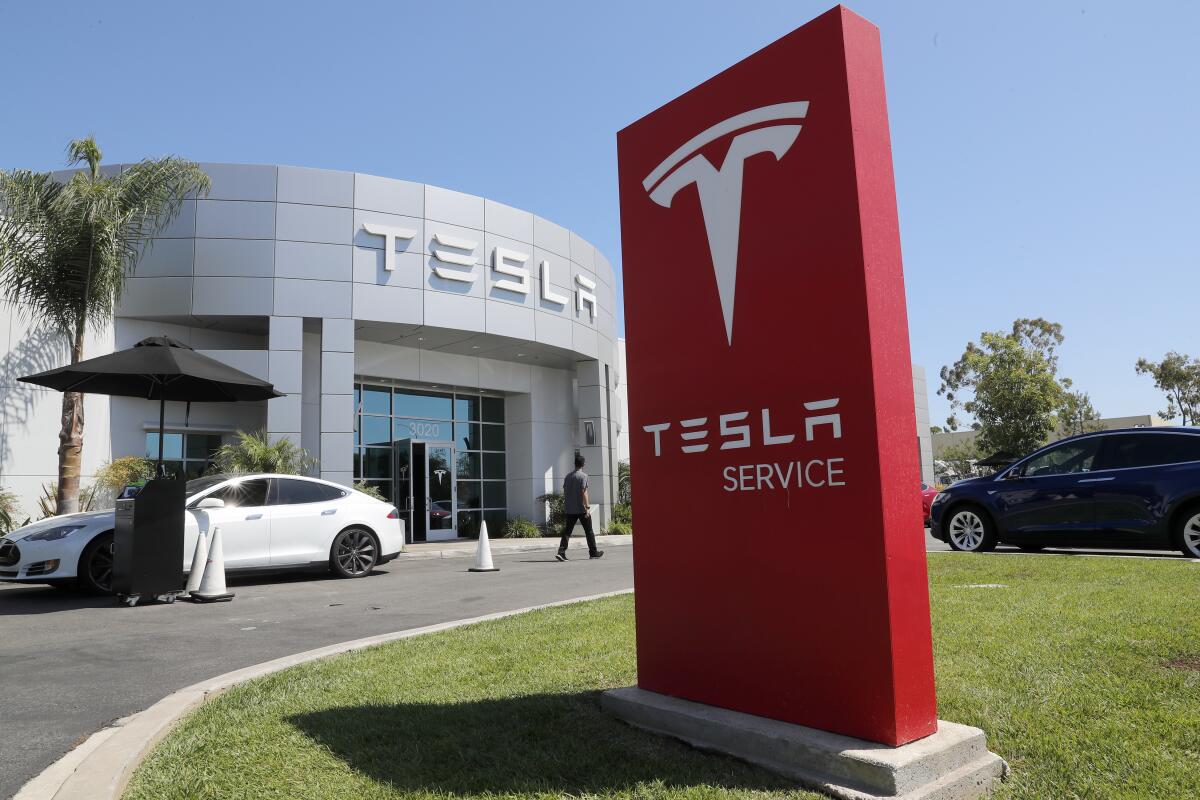
Elon Musk’s Texas Move: Strategy or Escapade?
The backdrop to this legal drama is Elon Musk’s ongoing threat to shift the company’s corporate home from Delaware, a state known for its business-friendly laws, to Texas. This potential move is seen as both a strategic decision and a bold gambit by Musk, reflecting his larger-than-life persona and unconventional business tactics.
The implications of such a move are extensive, affecting tax obligations, regulatory oversight, and even the company’s cultural identity.
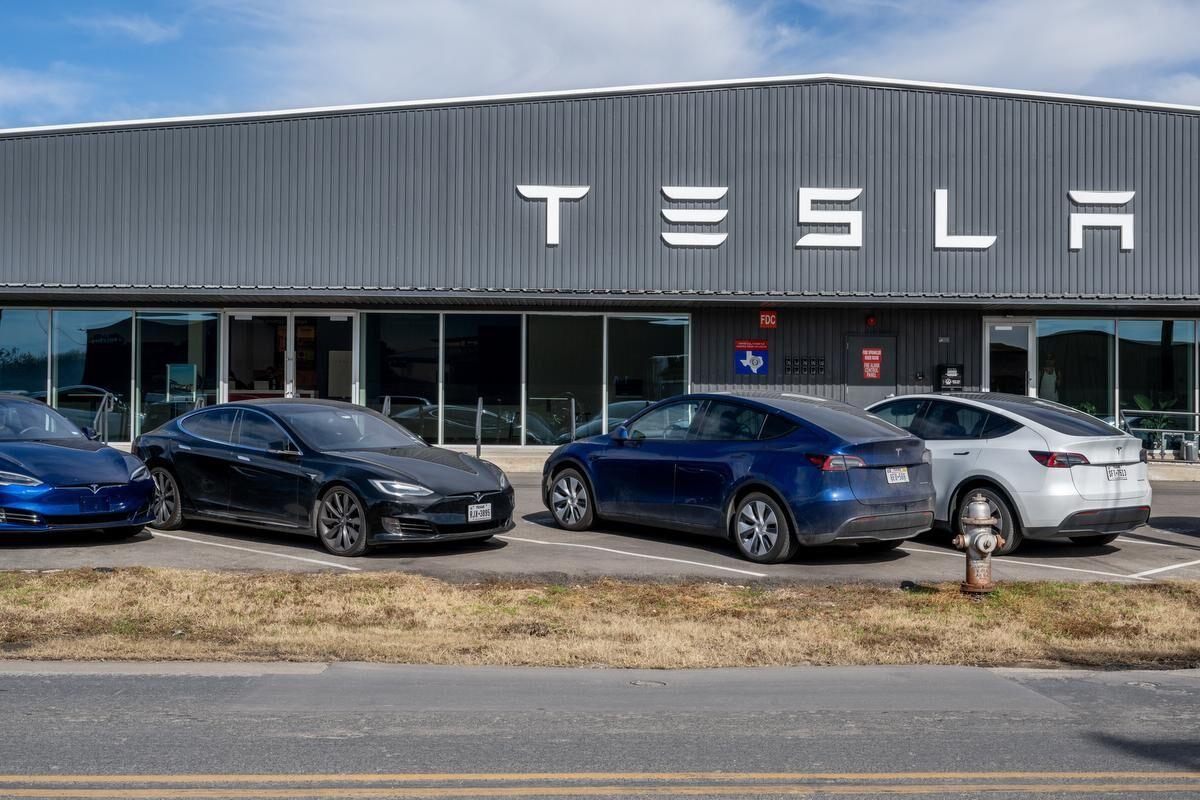
Analyzing the $56 Billion Question
At the heart of the dispute is the re-approval of Musk’s $56 billion pay package. This extraordinary sum, thrown out by a Delaware judge earlier, underscores the audacious scale of compensation tied to specific performance milestones Musk is expected to achieve. Critics and supporters alike are watching closely, as this decision could set precedents for executive compensation in tech and beyond.
Implications for Tesla’s Shareholders and Corporate Governance
This lawsuit and the associated corporate decisions could have far-reaching consequences for Tesla’s governance structure and its relationship with shareholders. The outcome of the June proxy vote could influence how corporate charters are interpreted and applied in shareholder decisions, potentially reshaping the landscape of corporate governance in America.
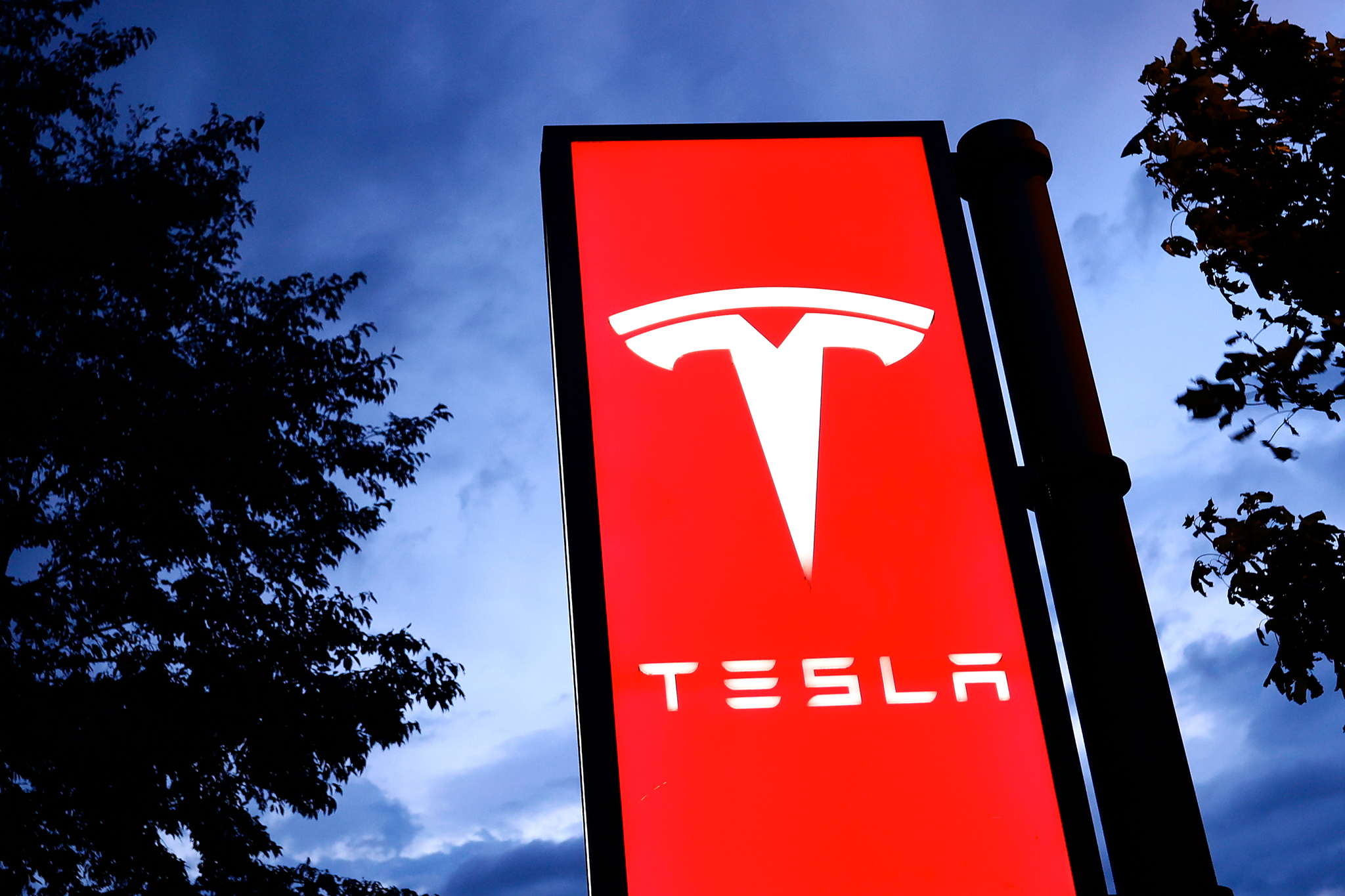
Tesla’s saga is more than a business maneuver; it’s a narrative rich with legal challenges, corporate strategy, and the ever-polarizing influence of Elon Musk. As shareholders and analysts await the results, the broader implications for market practices and corporate governance remain a subject of robust discussion and debate.

